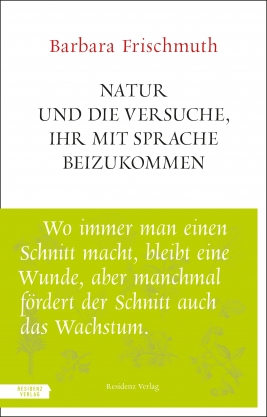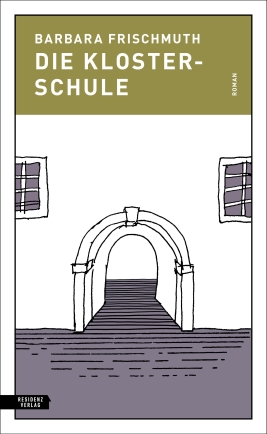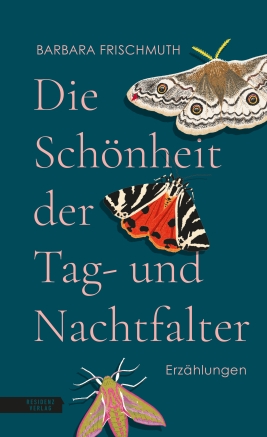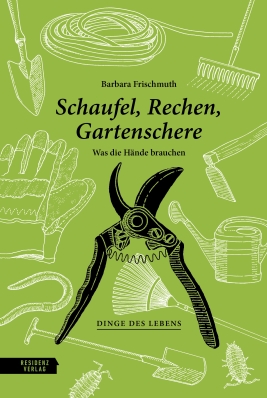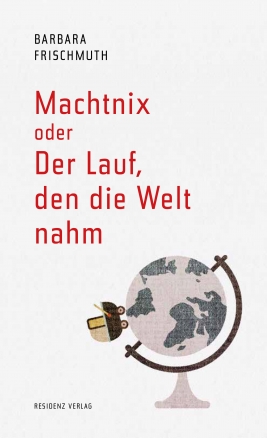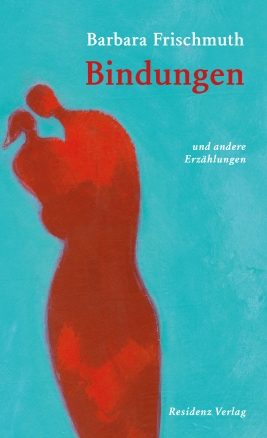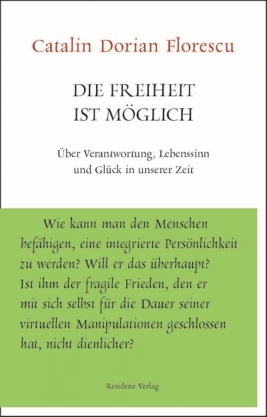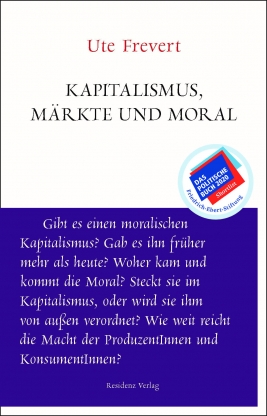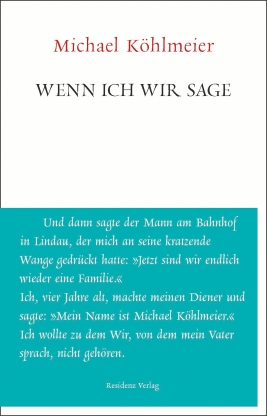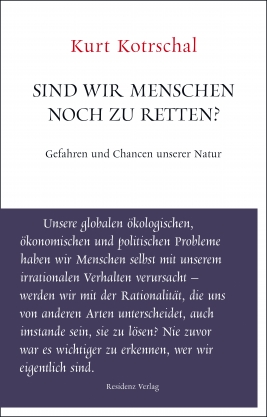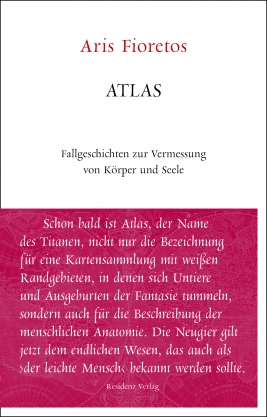Die Autorin ist tief verwurzelt in ihrem Heimatort, wo sie seit über zwei Jahrzehnten wieder lebt. Dass sie auch mit der Natur eng verbunden ist, davon erzählen ihre literarischen Gartenbücher. Ihr neues Buch “NATUR und die Versuche, ihr mit Sprache beizukommen“ ist anders.
[Quelle: Wolfgang Huber-Lang, APA, SALZBURGER NACHRICHTEN]
Die Schriftstellerin, lange mit Gärtnern befasst, bevor es Bobo-Mode wurde, versucht der Natur in Essayform beizukommen.
[Quelle: Erich Klein, FALTER]
In ihrem Plädoyer für Achtsamkeit, Entschleunigung und Ressourcenschonung berührt Frischmuth den Puls der Zeit.
[Quelle: Maria Renhardt, DIE FURCHE]
…Sätze von zeitloser Gültigkeit…
[Quelle: Heinz Janisch, Ö1 EX LIBRIS]
Sie plädiert in ihrem Essay für eine neue Form des Sprechens über Natur, eine, die nicht andauernd nach Unterschieden (etwa zwischen Kultur und Natur) sucht, sondern nach Verbindungen.
[Quelle: Christoph Hartner, KRONE]
Diese Theorie-Expedition ist voll keineswegs neuer Erkenntnisse, die jedoch ungewöhnlich fundiert und pointiert formuliert werden und angesichts dieser das Verhältnis Mensch und Natur in hohem Maße tangierenden weltweiten Pandemie hohe Aktualität bekommen.
[Quelle: Herbert Pfarrhofer, APA SCIENCE]
Im vorliegenden Essay versucht Barbara Frischmuth Natur zu definieren und aufzuzeigen, wie sie in der Literatur zu Wort kommt. Aber nicht nur in der Literatur, auch in Wissenschaft und Kultur.
[Quelle: Johann Günther, AUSTRIA-FORUM]
So ist ein lebensbegleitender handlicher Band zur unentbehrlichen Lese-Wiederkehr entstanden.
[Quelle: KULTURPUNKT]
Im Essay „Natur und die Versuche, ihr mit Sprache nachzukommen“ zeigt Frischmuth, dass alte Gegensätze wie Natur versus Geist oder Natur versus Kultur ausgedient haben.
[Quelle: Cornelius Hell, DIE PRESSE]
Ebenso akribisch recherchiert hat die passionierte Gärtnerin für ihren frisch im Residenz Verlag erschienenen Essay „Natur und die Versuche, ihr mit Sprache beizukommen“, in dem sie nachspürt, „wie man über Natur spricht in verschiedenen Zeitaltern und Literaturarten.“
[Quelle: Karin Schütze, OÖ NACHRICHTEN]
Frischmuth hat in Vergangenheit und Gegenwart akribisch zum Thema geforscht und bei der Analyse der Schriften von Wissenschaftlern, Dichtern und Denkern Interessantes zu Tage gefördert.
[Quelle: Antje Peters-Reimann, GARTENGESELLSCHAFT]
Mit klaren Worten und viel Hintergrundwissen schreibt Frischmuth darüber, dass Natur noch immer als „leblose Ressource“ begriffen wird und ein Umdenken letztendlich auch eine Frage des Überlebens sein wird – unseres eigenen.
[Quelle: KLEINE ZEITUNG]
Sie versucht hier durch einen erweiterten Naturbegriff die Trennung von Mensch und Natur bzw. Natur und Kultur zu überwinden.
[Quelle: Peter Vodosek, EKZ]
Nach der Lektüre spaziert man anders durch den Wald. Und will mehr davon.
[Quelle: WELT AM SONNTAG]
Frischmuths solcherart veredelter Natur-Essay ist lesenswert, leitet dank pointierter Zitate weiter und fußt neben dem Können und Wissen der Autorin auf jenem Naturerleben, das sie tagtäglich für sich verbuchen kann.
[Quelle: Gerhard Strejcek, WIENER ZEITUNG]
Sie plädiert für ein neues Denken, in dem sich der Mensch in Interaktion sieht mit den anderen Lebewesen auf dem Planeten – und mit den Pflanzen, deren Intelligenz mittlerweile erforscht wurde.
[Quelle: Cornelius Hell, Ö1 EX LIBRIS]
Literatur, die weit über die Dauer ihrer Lektüre hinaus nachhallt: Barbara Frischmuth.
[Quelle: Julia Kospach, DER STANDARD]
Sie ist Österreichs Autorin mit den vielleicht offensten Augen für die weite Welt – und dem weitesten Herzen dafür.
[Quelle: Anne-Catherine Simon, DIE PRESSE]
In diesem Frühjahr hat der Residenzverlag in seiner Reihe „Unruhe bewahren“ einen hochinteressanten Essay der ausgewiesenen Naturkennerin und Gärtnerin Frischmuth herausgebracht, in dem sie aufzeigt, wie Natur im Alltag, in Literatur, Kultur und Wissenschaft zur Sprache kommt.
[Quelle: Maria Fellinger-Hauer, KIRCHENZEITUNG LINZ]
Die Autorin zeigt, wie Natur in Alltag, Literatur, Kultur und Wissenschaft zur Sprache kommt.
[Quelle: INFORMATIV NATUR]
Ein anregender Essay, der zum Glück auch nichtwestliche Kulturen zur Sprache bringt.
[Quelle: Jutta Person, PHILOSOPHIE MAGAZIN]
Eine anregende und bereichernde Lektüre.
[Quelle: Prof. Dr. W. Skrandies, SPEKTRUM DER WISSENSCHAFT]
